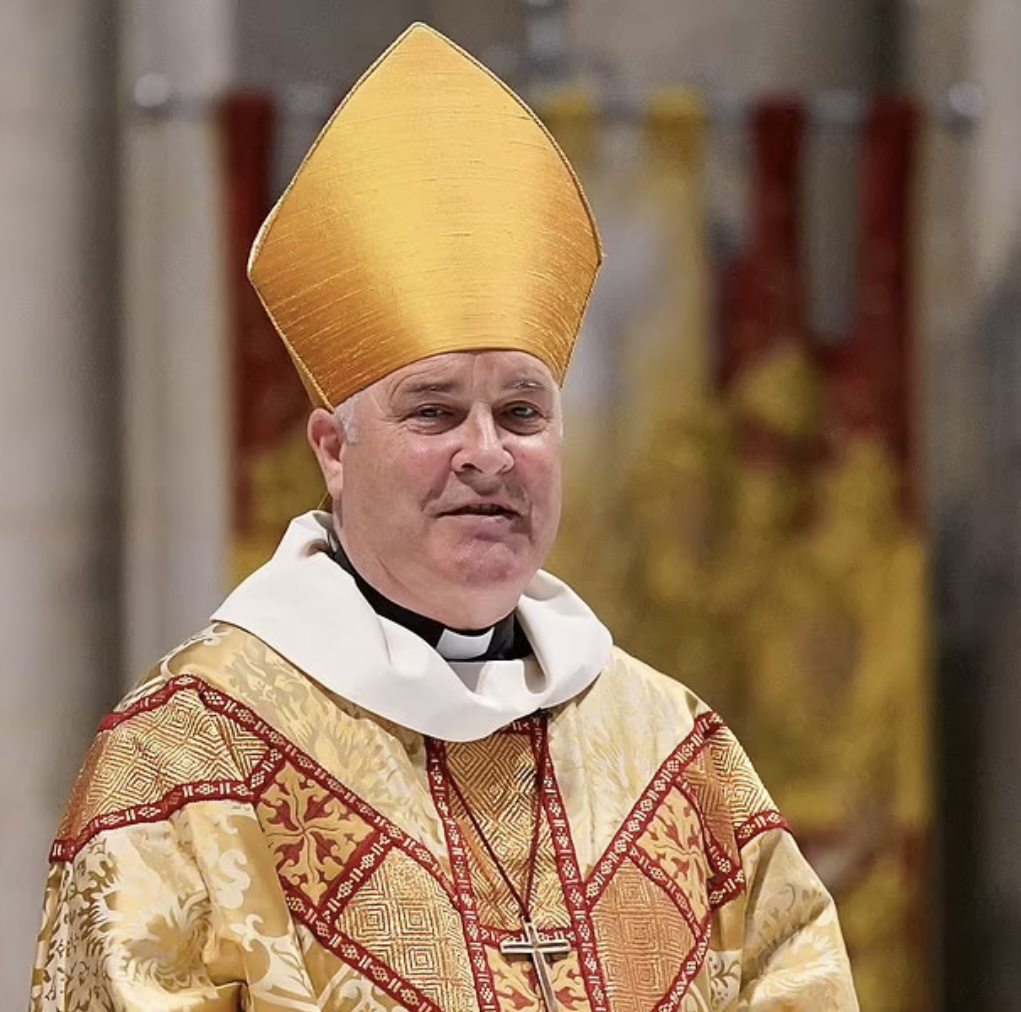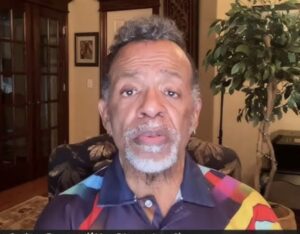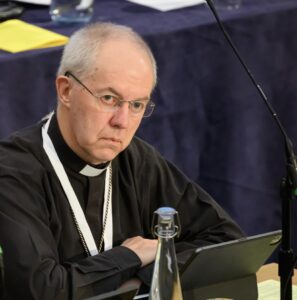Archbishop of York wants “Our Father” in the Lord’s Prayer opening to be inclusive
The Archbishop of York Rev Stephen Cottrell , in a thought-provoking address to the General Synod, has raised concerns about the opening of the Lord’s Prayer, stating that the phrase “Our Father” may have patriarchal connotations. This revelation has sparked a lively debate within the religious community, with some embracing the archbishop’s perspective while others vehemently oppose it.

Archbishop of York wants "Our Father" in the Lord's Prayer opening to be inclusive
During his speech, the archbishop highlighted the need for inclusivity and sensitivity in our language, particularly within the context of prayer. He argued that the use of the term “Our Father” could potentially exclude those who do not identify with a male figure as their spiritual parent. This, he suggested, might hinder their ability to fully engage with the prayer and feel a sense of belonging within the faith community.
While some individuals have applauded the archbishop’s progressive stance, others have expressed concerns about altering such a fundamental aspect of a widely recognized and cherished prayer. They argue that the Lord’s Prayer has been recited for centuries, and any changes to its wording could undermine its historical and spiritual significance.
The debate has also raised questions about the broader issue of gender inclusivity within religious practices. Many argue that revisiting traditional prayers and religious texts to ensure they are more inclusive is a necessary step towards creating a more welcoming and diverse faith community. However, others caution against altering sacred traditions, emphasizing the importance of preserving religious heritage and maintaining a sense of continuity.
As the discussion continues, it is clear that finding a balance between tradition and progress is a complex task. The archbishop’s remarks have ignited a much-needed conversation about the language we use in our religious practices and the impact it can have on individuals’ sense of belonging. Whether or not any changes will be made to the opening of the Lord’s Prayer remains uncertain, but what is certain is that this issue has prompted a deeper reflection on the urgency of the second coming of our Lord and proper interpretations of the word of God by church leaders in the modern world.











